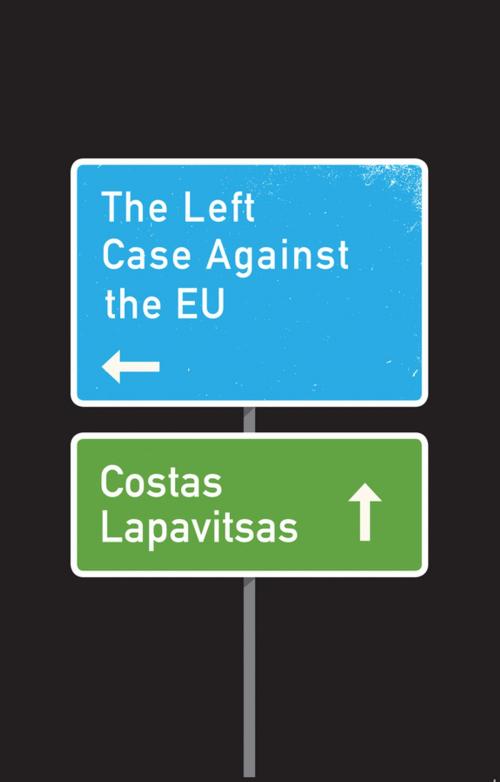The Left Case Against the EU
Nonfiction, Social & Cultural Studies, Political Science, Politics, Economic Policy| Author: | Costas Lapavitsas | ISBN: | 9781509531080 |
| Publisher: | Wiley | Publication: | December 5, 2018 |
| Imprint: | Polity | Language: | English |
| Author: | Costas Lapavitsas |
| ISBN: | 9781509531080 |
| Publisher: | Wiley |
| Publication: | December 5, 2018 |
| Imprint: | Polity |
| Language: | English |
Many on the Left see the European Union as a fundamentally benign project with the potential to underpin ever greater cooperation and progress.
If it has drifted rightward, the answer is to fight for reform from within. In this iconoclastic polemic, economist Costas Lapavitsas demolishes this view. He contends that the EU’s response to the Eurozone crisis represents the ultimate transformation of the union into a neoliberal citadel that institutionally embeds austerity, privatization, and wage cuts. Concurrently, the rise of German hegemony has divided the EU into an unstable core and dependent peripheries. These related developments make the EU impervious to meaningful reform. The solution is therefore a direct challenge to the EU project that stresses popular and national sovereignty as preconditions for true internationalist socialism.
Lapavitsas’s powerful manifesto for a left opposition to the EU upends the wishful thinking that often characterizes the debate and will be a challenging read for all on the Left interested in the future of Europe.
Many on the Left see the European Union as a fundamentally benign project with the potential to underpin ever greater cooperation and progress.
If it has drifted rightward, the answer is to fight for reform from within. In this iconoclastic polemic, economist Costas Lapavitsas demolishes this view. He contends that the EU’s response to the Eurozone crisis represents the ultimate transformation of the union into a neoliberal citadel that institutionally embeds austerity, privatization, and wage cuts. Concurrently, the rise of German hegemony has divided the EU into an unstable core and dependent peripheries. These related developments make the EU impervious to meaningful reform. The solution is therefore a direct challenge to the EU project that stresses popular and national sovereignty as preconditions for true internationalist socialism.
Lapavitsas’s powerful manifesto for a left opposition to the EU upends the wishful thinking that often characterizes the debate and will be a challenging read for all on the Left interested in the future of Europe.















